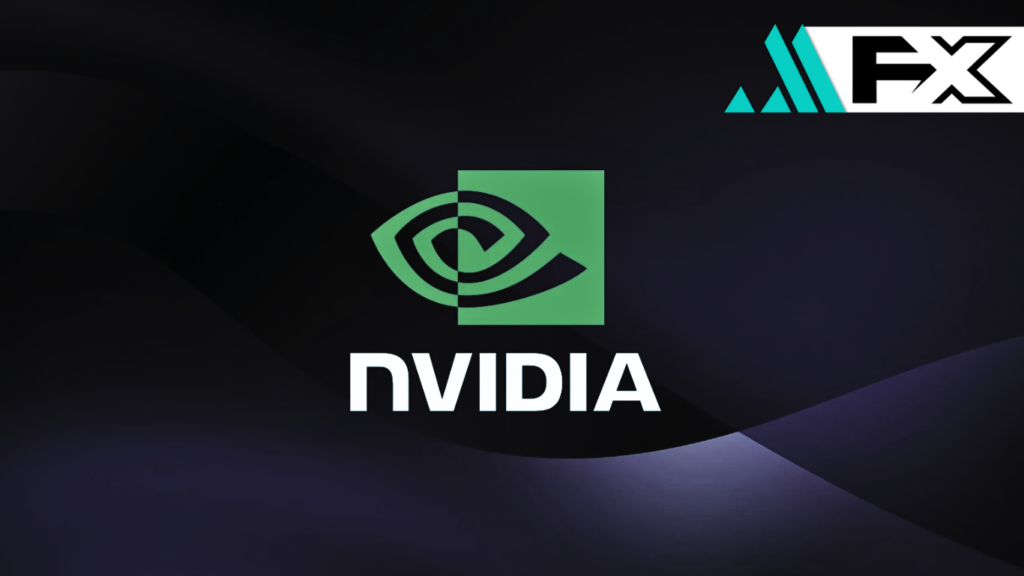Huawei Technologies is preparing for the mass shipment of its advanced Ascend 910C AI chip as early as May, capitalizing on tightening U.S. export restrictions that limit access to Nvidia’s top-tier hardware. According to sources close to the matter, some initial deliveries have already been completed, signaling Huawei’s readiness to fill a crucial market gap.
The move comes as Chinese AI developers urgently seek domestic GPU solutions following the Biden administration’s decision to require export licenses for Nvidia’s H20 chip. The ruling effectively cuts off Chinese access to what had become a critical component in AI training and deployment workflows.
Performance Comparable to Nvidia’s H100
Huawei’s 910C isn’t a radical new design, but rather a significant evolution. Sources familiar with the chip said it matches the performance of Nvidia’s H100 by combining two existing 910B processors into a single package using advanced packaging techniques. This gives the 910C:
- Twice the compute power of the 910B
- Enhanced memory capacity
- Optimized support for diverse AI workloads
Though the chip lacks cutting-edge features found in Nvidia’s B200, its capabilities make it a strong domestic substitute amid export limitations. Huawei has already distributed samples and taken orders from major tech firms, though it hasn’t confirmed specifics.
U.S. Curbs Boost Domestic Competition
Washington’s crackdown on AI chip exports is reshaping the global semiconductor landscape. Nvidia’s H100 was banned in China before launch in 2022, and now restrictions on the H20 open doors for players like Huawei, Moore Threads, and Iluvatar CoreX.
Consulting firm Albright Stonebridge Group’s Paul Triolo said, “Huawei’s Ascend 910C GPU will now become the hardware of choice for Chinese AI model developers.”
Huawei’s supply chain still faces constraints. Semiconductor Manufacturing International Corporation (SMIC) is reportedly producing some components using its N+2 7nm process, though yields remain low. Additional chips used in the 910C may have been sourced from Taiwan’s TSMC through third-party Chinese firm Sophgo.
Key points:
- TSMC-made chips traced to older Huawei designs
- TSMC denies supplying Huawei directly since 2020
- U.S. Commerce Department is investigating possible breaches
While Huawei denies using TSMC-made Sophgo chips in its current lineup, regulatory scrutiny continues. Nonetheless, the geopolitical tug-of-war over AI technology is propelling Huawei into a leadership role in China’s domestic GPU space.


